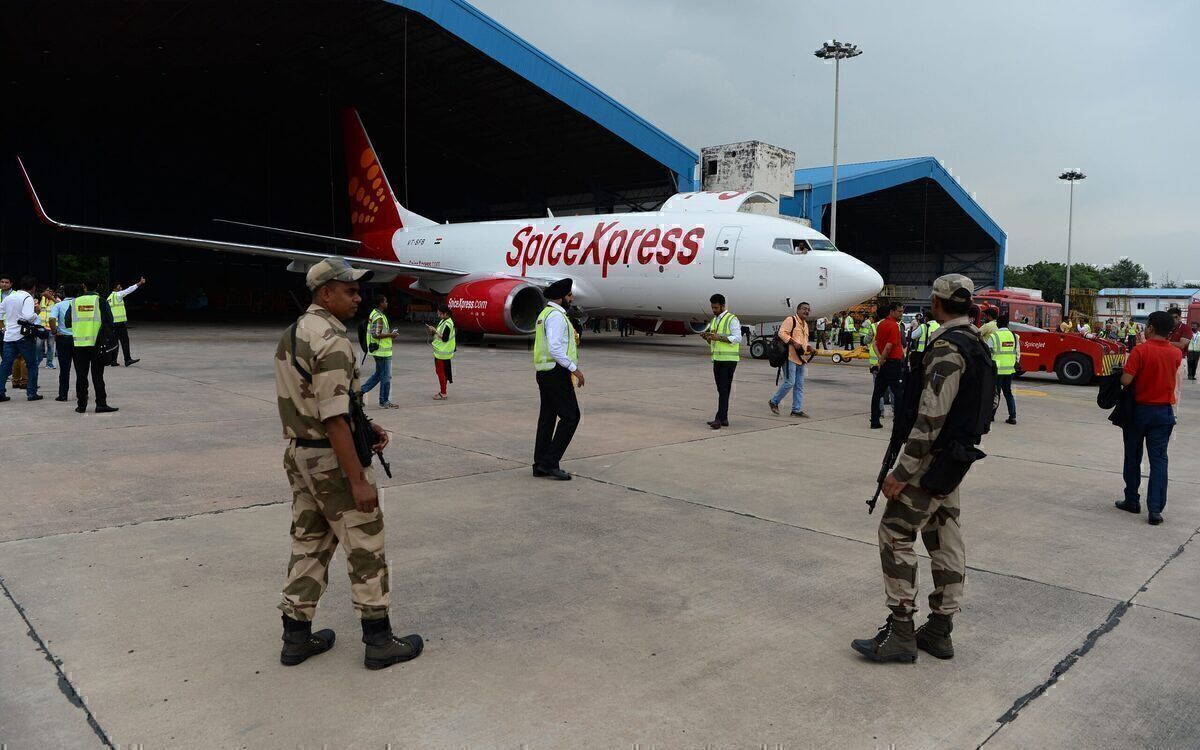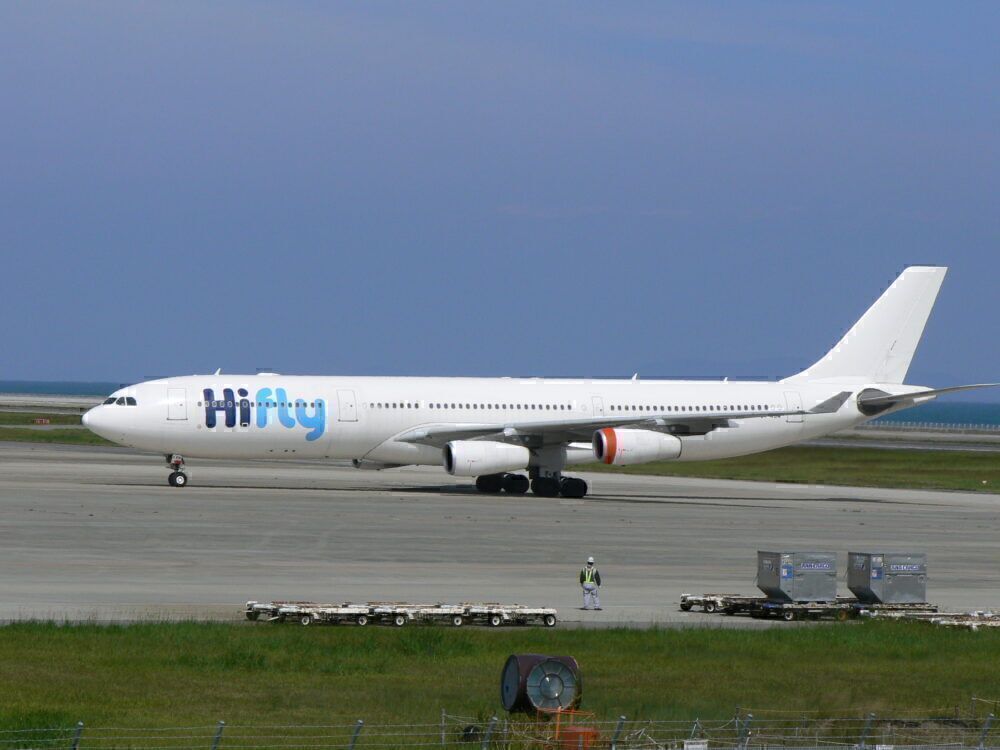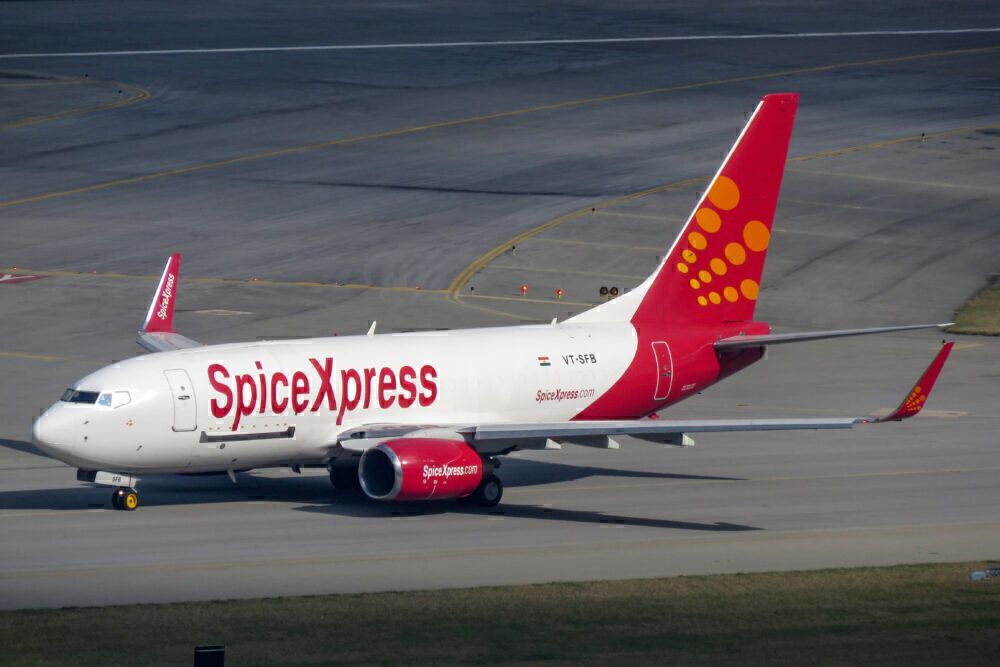Indian budget carrier SpiceJet has added two more widebody cargo aircraft to its growing fleet. The airline leased an Airbus A330 and Boeing 767 as it continues to see surging cargo demand. The larger aircraft will allow for more long-haul flights, which will be critical for vaccine transportation globally.
More planes
SpiceXpress, the cargo arm of SpiceJet, now has a fleet of 19 aircraft, adding five more planes in the last year. All these aircraft have been leased widebodies, including a converted A340, to fly long-haul services to Europe and beyond. This week, the carrier announced that it would add two more planes to its fleet.
The two aircraft are an A330 and 767, both known to reliable, high-capacity freighter aircraft. SpiceJet has not disclosed where it leased both these aircraft from or how long they will be in service with the airline. The carrier has previously partnered with wet lease operator Hi Fly to acquire three cargo A340-300s and a passenger A330neo.
These aircraft's primary role will be long-haul cargo transport, especially the cold-chain movement of COVID-19 vaccines. In a statement, SpiceJet Chairman Ajay Singh said,
“The need for wide body planes to deliver vaccines and other important cargo has never been more important than today. To cater to this increased demand on long-haul routes, we have inducted two more wide-body jets taking our total cargo fleet size to 19 including five wide-body aircraft.”
Stay informed: Sign up for our daily aviation news digest.
Growing demand
SpiceJet has seen cargo demand rise dramatically in the last year as passenger aircraft remain grounded. Prior to the pandemic, more than half of global air cargo was shipped in the belly of passenger aircraft. With domestic flights reduced and international flights negligible, the price and demand for air freight has soared since March.
In the second quarter of 2020, SpiceJet saw cargo revenue rise by a staggering 144%, highlighting high demand. This helped the carrier offset losses from its lack of passenger traffic and survive the crisis. Seeing an opportunity to expand beyond Asia, which it did with a fleet of 737 freighters, the carrier began acquiring widebodies.
In August, SpiceJet took delivery of its first A340 and has since taken on two more, according to data from FlightRadar24.com. These have opened up new routes in the Middle East and Europe for SpiceJet, such as Frankfurt and Liege. However, now the airline is gearing up for a critical mission.
SpiceJet recently signed an agreement with Brussels Airport to transport COVID-19 vaccines between Europe and India, and further. Brussels is notable since it is used to transport the Pfizer-BioNTech vaccine globally from the nearby production facility. India is home to the largest vaccine maker globally, the Serum Institute of India, which plans to produce up to one billion doses of the Oxford-AstraZeneca vaccine.
Overall, SpiceJet can expect high demand for its cargo services as vaccine transport becomes more prevalent.
What do you think about SpiceJet's plan? Let us know in the comments!



